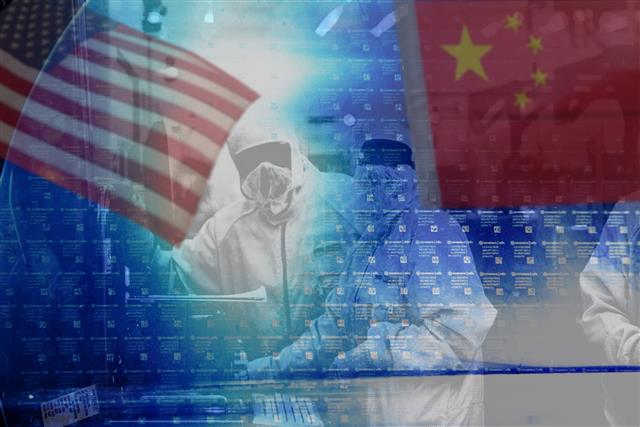DIGITIMES Research believes the US government's Export Administration Regulations (EAR) released on October 7, 2022, which implements controls on transactions of advanced ICs, exports of semiconductor manufacturing items and specific activities of Americans, will prevent China from procuring or independently developing/producing high-performance computing (HPC) chips.
China's semiconductor sector is advancing rapidly, resulting in the US considering it a threat to its national security. The US has made several moves to hinder China's progress in semiconductors and other leading-edge technologies. Seeing that the Entity List has generated little effect, the US is stepping up its controls.
The US imposing restrictions on the export of HPC chips, equipment and human resources to China is an attempt to block China's HPC chip production from the manufacturing side. Having accumulated experiences from its past control policies, the US is able to devise more precise restrictions against China and widen the scope from individual companies to industries.



